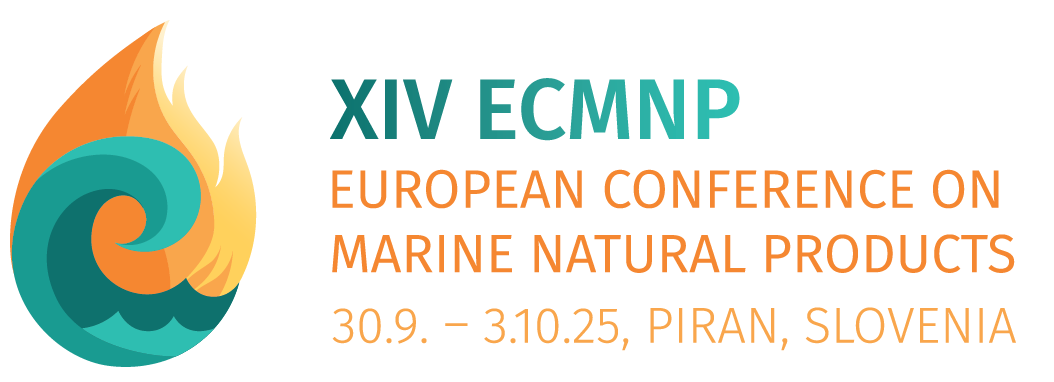Information about Slovenia
Slovenia (Slovenija) is a member of the European Union, the Schengen Agreement and NATO. The country is located in south-central Europe in the Julian Alps at the northern end of the Adriatic Sea and borders Austria to the north, Italy to the west, Hungary to the northeast and Croatia to the southeast.
Capital: Ljubljana
Language: Slovenian
Population: 1,964,036 (2022)
Currency: Euro
Area: 20,271 km2

Climate
The average daily maximum temperature in Piran is around 18°C at the end of September and beginning of October. The average minimum temperature drops to around 10°C, with the cooler nights bringing a noticeable chill. The amount of precipitation during this period is moderate, averaging 100 mm over the course of the month. You can expect around 10-12 days of rain, but there are also many sunny spells with around 182 hours of sunshine throughout the month.
There can also be occasional strong winds at this time of year – bora: the temperature drops abruptly when the bora occurs, a cold and violent wind that blows more frequently in the cold half of the year and which can be accompanied by clear skies (light bora) or, more rarely, cloudy skies with rain or snow (dark bora).
So what should you wear in Slovenia in late September and early October? Visitors should be prepared for mixed weather. A light, waterproof jacket is advisable for the occasional rain showers. As temperatures are mild during the day but can drop in the evening, it is important to dress in layers. A warm sweater or jacket and comfortable shoes will keep you comfortable in the cool mornings and evenings. It is also advisable to take an umbrella with you, as the weather can change unexpectedly.
Prices in Slovenia
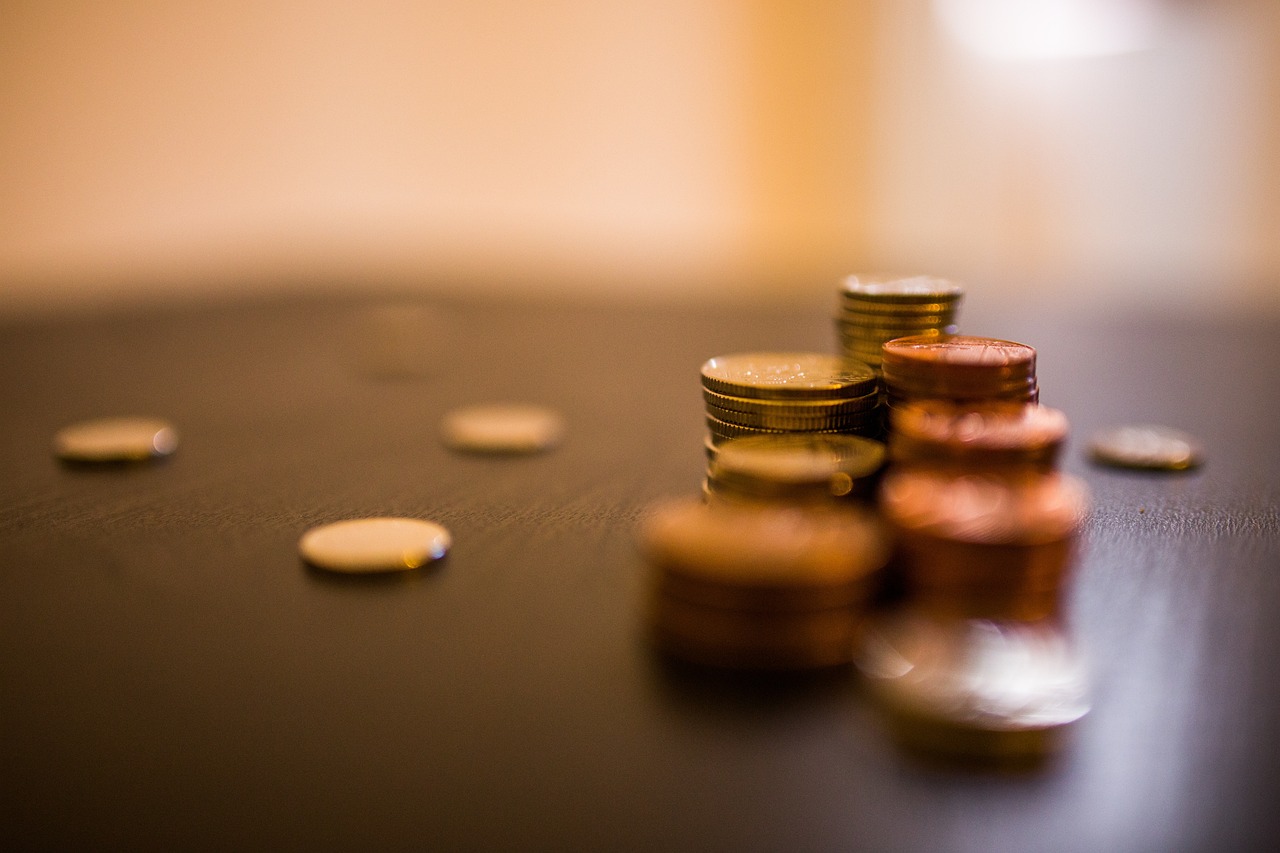
Slovenia is a great value destination, as it is cheaper than Western Europe and neighbouring countries such as Italy and Austria, but slightly more expensive than Central Europe.
Although prices are higher in Ljubljana and in popular tourist destinations such as the coastal towns (including Piran and Portoroz), Slovenia remains relatively affordable overall.
Currency
Slovenia has the euro (€). Please note that you will have to pay in cash in small bars, restaurants, stores and similar establishments in Slovenia, as there are no credit card terminals. Withdrawing cash from ATMs in small towns such as Piran can be a problem due to the limited number of ATMs. Sometimes even locals have problems finding them. We therefore strongly recommend carrying a sufficient amount of cash just in case you have problems finding an ATM and withdrawing cash.
Changing money
You can exchange your local currency for euros at banks, post offices, tourist offices, travel agencies and private bureaux de change.
Look out for the words “menjalnica” or “devizna blagajna”, which will point you in the right direction.
Most banks charge a commission of 1%. Tourist offices, travel agencies and bureaux de change usually charge around 3%.
ATMs
ATMs – called bančni avtomat – are ubiquitous in Slovenia. With a card connected to either the Visa/Electron/Plus or MasterCard/Maestro/Cirrus network and a pin code, you can withdraw euros anywhere.
Credit cards
Credit cards, especially Visa, MasterCard and American Express, are accepted and you can use them in major restaurants, stores, hotels, car rental agencies, travel agencies and gas stations.
Health insurance
Citizens of the Member States of the European Union can travel to Slovenia with the European Health Insurance Card. Citizens of Iceland, Liechtenstein, Norway and Switzerland can also obtain this card.
The card gives you access to public health services, i.e. doctors and pharmacies, under the same conditions as Slovenian citizens. If you have to pay for healthcare services in Slovenia, you will be reimbursed when you return to your home country. With the European Health Insurance Card you will receive all necessary medical services to continue your stay in Slovenia. However, the card does not cover healthcare services from private providers.
A special agreement also applies to Croatian nationals who can use their health card to receive medical services in Slovenia.
Third-country nationals who do not have a health insurance card must ensure that they have valid travel health insurance that complies with Slovenian visa and health regulations.
In any case, it is advisable to take out additional travel insurance to be prepared for unexpected situations, especially if you are traveling outside your home country.
Drinking water
Drinking water
In Slovenia you can drink tap water because it is clean. Tap water is also often served in catering establishments, for example when you order a cup of coffee, wine, food and the like. There are public drinking fountains with natural drinking water in many Slovenian towns.
Mineral water/water from plastic bottles
If you prefer water in plastic or glass bottles, there is a wide choice in Slovenian stores and restaurants. We would just like to point out two carbonated mineral waters that enjoy a good international reputation. These are Radenska Three Hearts and Donat Mg. The former is sold in almost all catering establishments, while Donat Mg is somewhat less common.
Electricity socket
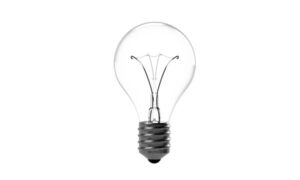
If you prefer water in plastic or glass bottles, there is a wide choice in Slovenian stores and restaurants. We would just like to point out two carbonated mineral waters that enjoy a good international reputation. These are Radenska Three Hearts and Donat Mg. The former is sold in almost all catering establishments, while Donat Mg is somewhat less common.
SIM cards and mobile roaming
Local SIM cards
If you plan to stay in Slovenia for more than a few days and need reliable internet and phone service, a local SIM card is a cost-effective option.
Local SIM cards are available in mobile provider stores, airports, shopping malls, kiosks and sometimes at gas stations. The main mobile phone providers are:
For temporary visitors, prepaid tariffs that offer various data, voice and text packages are the best option.
A SIM card usually costs between €5 and €10 for a starter package, which usually also includes starting credit. Prepaid data packages cost between €5 and €20 for 2 GB to 10 GB data volume, depending on the provider and package.
Roaming in Slovenia
If you have a SIM card from another EU country, you should be able to use your existing cell phone tariff without additional charges due to EU roaming regulations. This means that you can use your phone for calls, texts and data as you would at home, without paying additional roaming charges. However, please note that in some installations a data limit applies to roaming. If you exceed this limit, your provider may charge additional fees.
If you have a SIM card from a non-EU country (e.g. the USA, Canada or Australia), international roaming charges will apply, which means that calls, texts and especially data usage will be expensive.
It is strongly recommended that you contact your mobile provider and check your roaming rates before travelling.
Internet
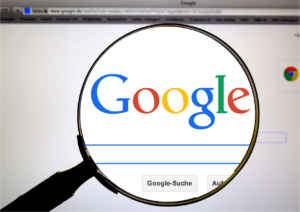
Internet is widely available in Slovenia, and most hotels, restaurants and cafés have free Wi-Fi. Some popular destinations also offer a free public network that you can connect to. You should not have any problems with internet access during your stay in Slovenia.
Safety
Slovenia is a safe country, one of the safest in the world (according to the Global Peace Report 2022, Slovenia ranks 7th on this list). However, as everywhere, you should exercise caution. Follow common sense and do not do anything you would not do at home.
Language
The level of spoken English is very high compared to most European countries. Most people you will meet, especially young people, speak English. Many Slovenians have some functional knowledge of German, especially in eastern Slovenia, and Italian in the coastal region, where Italian is also an official language. Serbo-Croatian is very closely related to Slovenian and is widely spoken by the over-30s and at least understood by younger people. Communication in other Slavic languages is possible, but requires a little more effort and handwaving.
Remember that when speaking in English, you should use simple language, just like anywhere else where English is not your first language. This will get you further and help avoid misunderstandings.
Some useful Slovenian phrases:
Good day– Dober dan
Goodbye– Nasvidenje
Please– Prosim
Thank you– Hvala
Yes– Da
No– Ne
Excuse me– Oprostite
Cheers!– Na zdravje!
Opening hours
Shops
Monday – Friday: 7 a.m./8 a.m.–7 p.m./9 p.m.
Saturday: 7 a.m./9 a.m.–1 p.m./3 p.m. (smaller ones) and 7 a.m./9 a.m.–7 p.m./9 p.m. (bigger ones).
Sunday – closed.
The opening hours of the stores are not strictly defined.
Certain everyday goods are also available around the clock at large petrol stations.
Pharmacies
Monday – Friday: 7 a.m.–7 p.m.
Saturday 7 a.m.–1 p.m.
There are 24-hour pharmacies in all major cities.
Post offices
Monday – Friday: 8 a.m.– 6 p.m.
Saturday 8 a.m.– noon
Some post offices are also open longer.
Banks
Monday – Friday: 9 a.m.–5 p.m.
Some banks close their offices at noon for one hour.
Museums and galleries
Tuesday – Sunday 9 a.m./10 a.m.–5 p.m./6 p.m.
Monday – CLOSED
Smoking ban
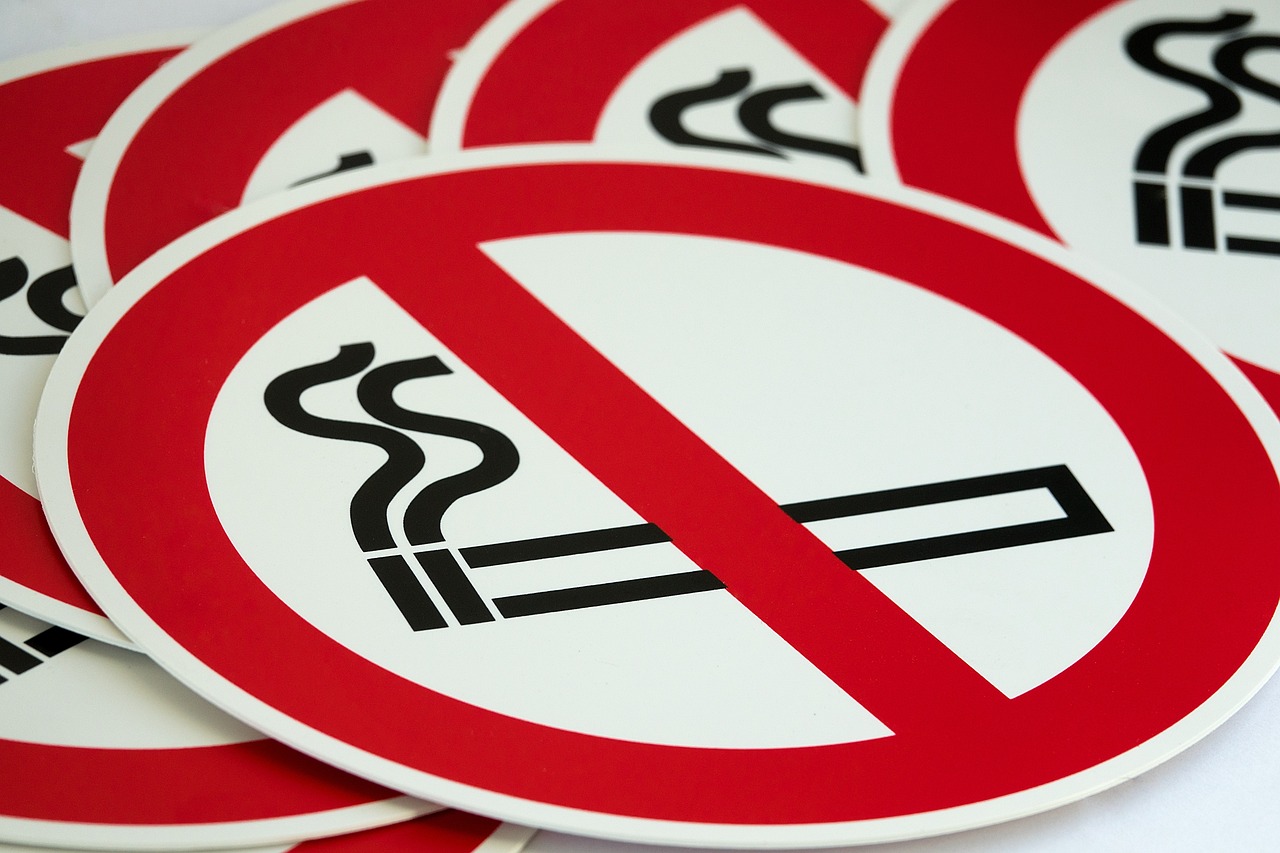
In Slovenia, smoking is prohibited in all enclosed public and work spaces, including restaurants and accommodation establishments. You must be at least 18 years old to buy tobacco products.
Emergencies
Remember 112, the number of the emergency call centre that can provide you with an ambulance and medical assistance in an emergency.
113 is the emergency number for the police, which can be used to report breaches of public order, traffic accidents and criminal offences, i.e. when immediate assistance or police intervention is required.
